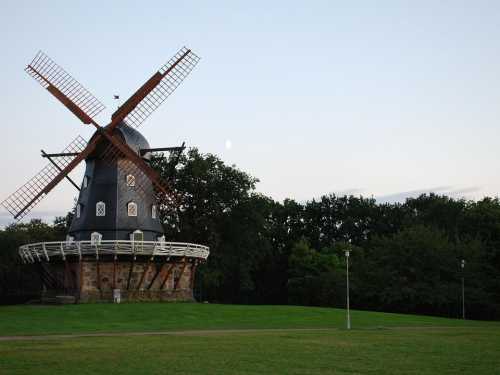
Coffee was introduced to Sweden in 1674, but at first, few people were interested in this drink. But at the beginning of the 18th century, the country was waging continuous wars, mainly with the help of mercenaries and on foreign territory. This led to widespread contact with foreigners who loved the invigorating drink. It was also loved by the native Swedes, who most often held officer positions in the royal army.
After the death of the king, Sweden stopped the wars, the surviving officers and soldiers returned home, but the habit of drinking coffee was already formed among them. Wealthy officers not only drank coffee at home themselves, but also taught their households to do so, and by the middle of the 18th century this drink became very popular among wealthy people.
However, in the circles of the supreme power, the attitude towards coffee was rather negative, it was necessary to fill the treasury, and the rich people of the country spent money on an imported fad. As a result, coffee was subject to a large tax, for non-payment of which they were mercilessly fined, and at the same time cups and saucers were confiscated. It even got to the point that the consumption of coffee was prohibited by law, but even such measures failed to stop the drinking of this drink by the subjects.
In 1771, Gustav III, a man of extravagant views and behavior, became king of Sweden. He continued the crusade against coffee begun by his predecessors. But the monarch decided to prove to his people the harm of this drink through a scientific experiment.
By order of the king, two twin brothers, who had already been sentenced to death for crimes committed, would be granted a pardon in the form of life imprisonment on the condition that one of them would drink 3 cups of coffee every day, and the other the same amount of tea for the rest of his life. The brothers did not want to go to the stake at all, so the twins agreed to become “guinea pigs”. Two doctors were allocated for scientific support of the experiment, their duty was to record the health of the participants in the experiment. As the king himself assumed, a convict who drinks coffee would live no more than a year, after which the harm of the overseas drink would be officially confirmed.
However, Gustav III made a cruel mistake. Neither of the twins clearly wanted to go to their ancestors, although both consumed the specified amount of drinks every day, and the story ended quite funny.
In 1792, Gustav III died in brutal agony after an assassination attempt by Jacob Johan Ankarström. The doctors did not live to see the end of the experiment and died of natural causes.
The twins continued to follow the monarch's decree and drank their three cups of coffee and tea every day. This went on for decades, until the tea-drinking twin died of old age at the age of 83. The coffee-drinking twin died later, but the exact date of his death is unknown.
The irony is that Sweden is today one of the countries in the world with the highest per capita coffee consumption.





